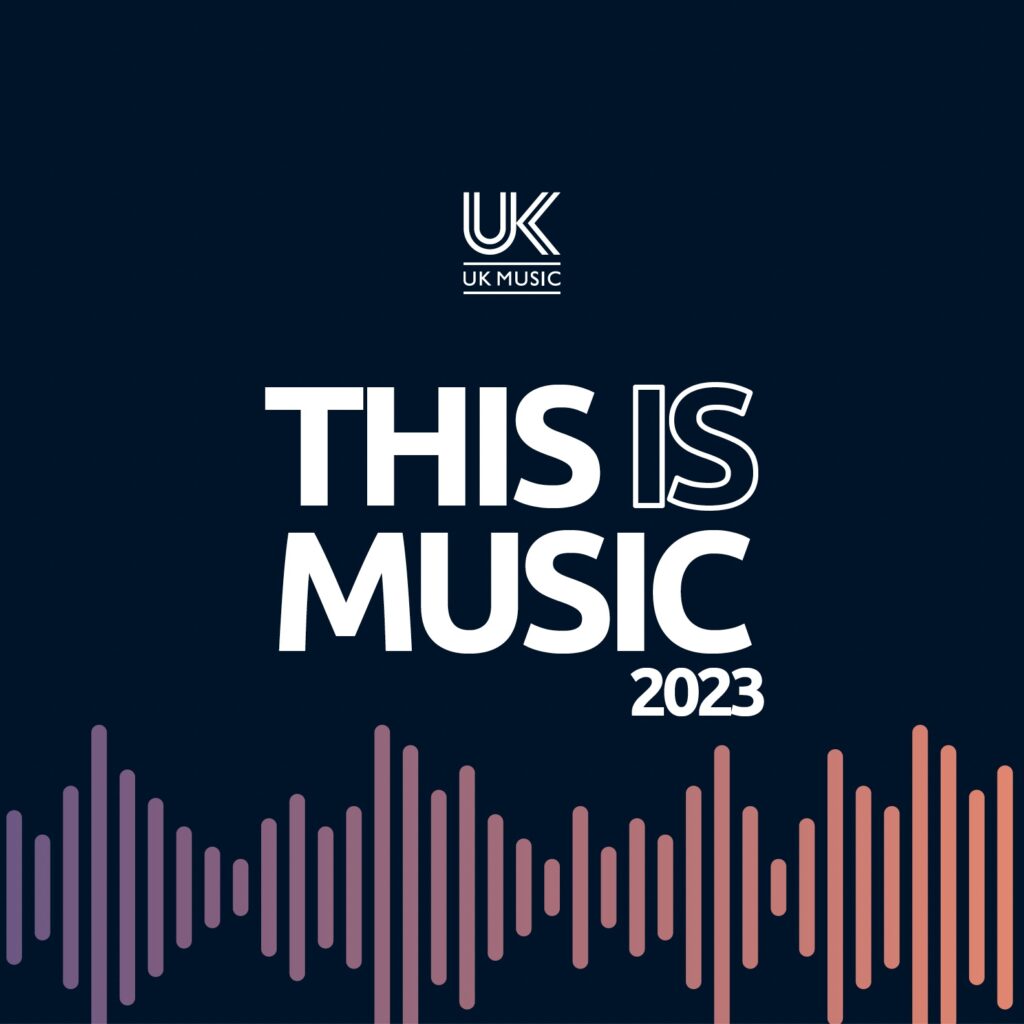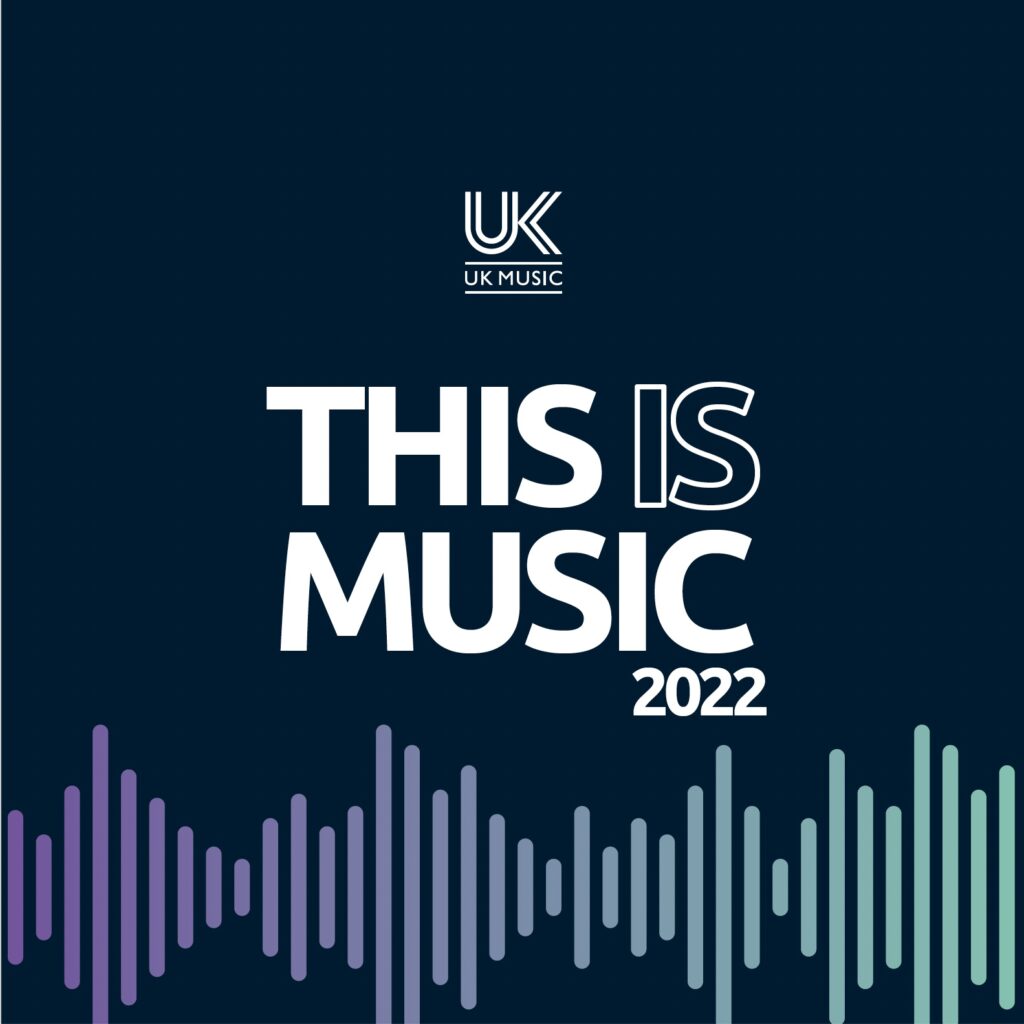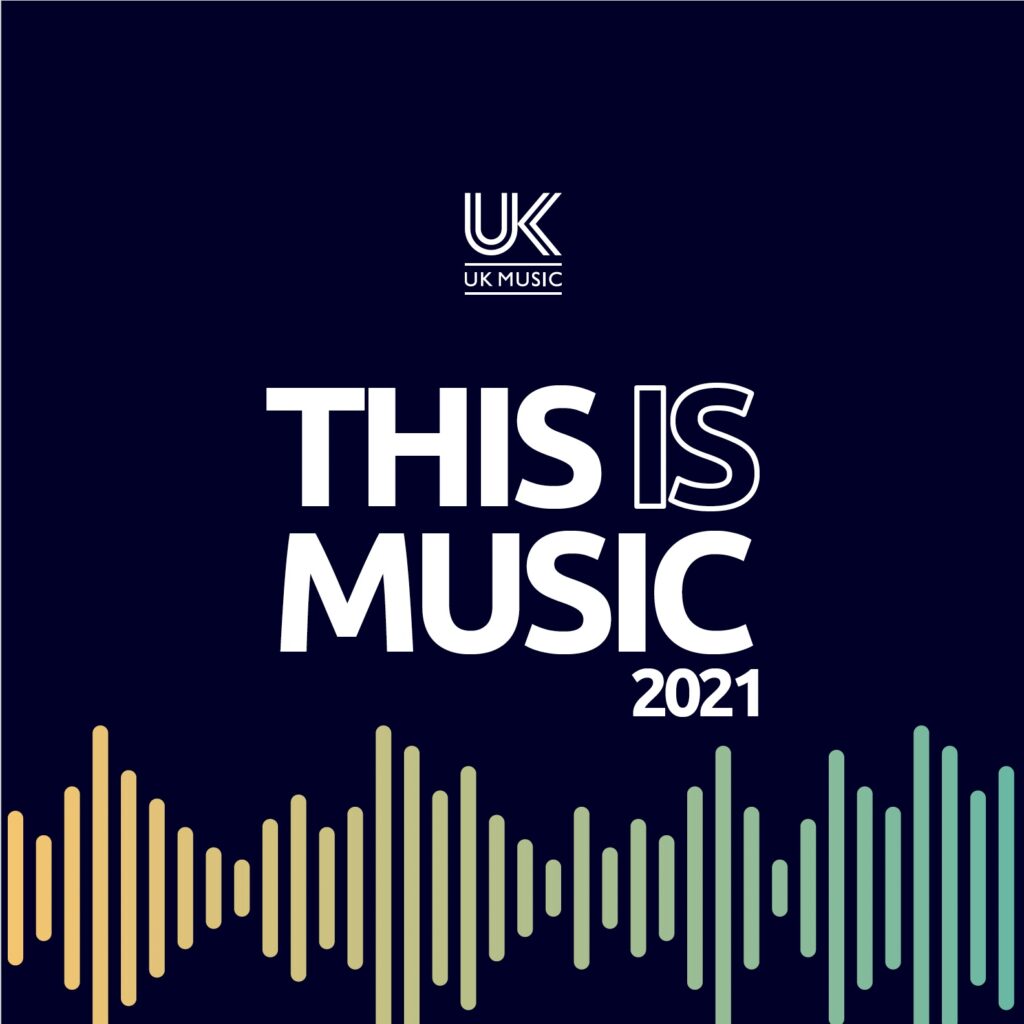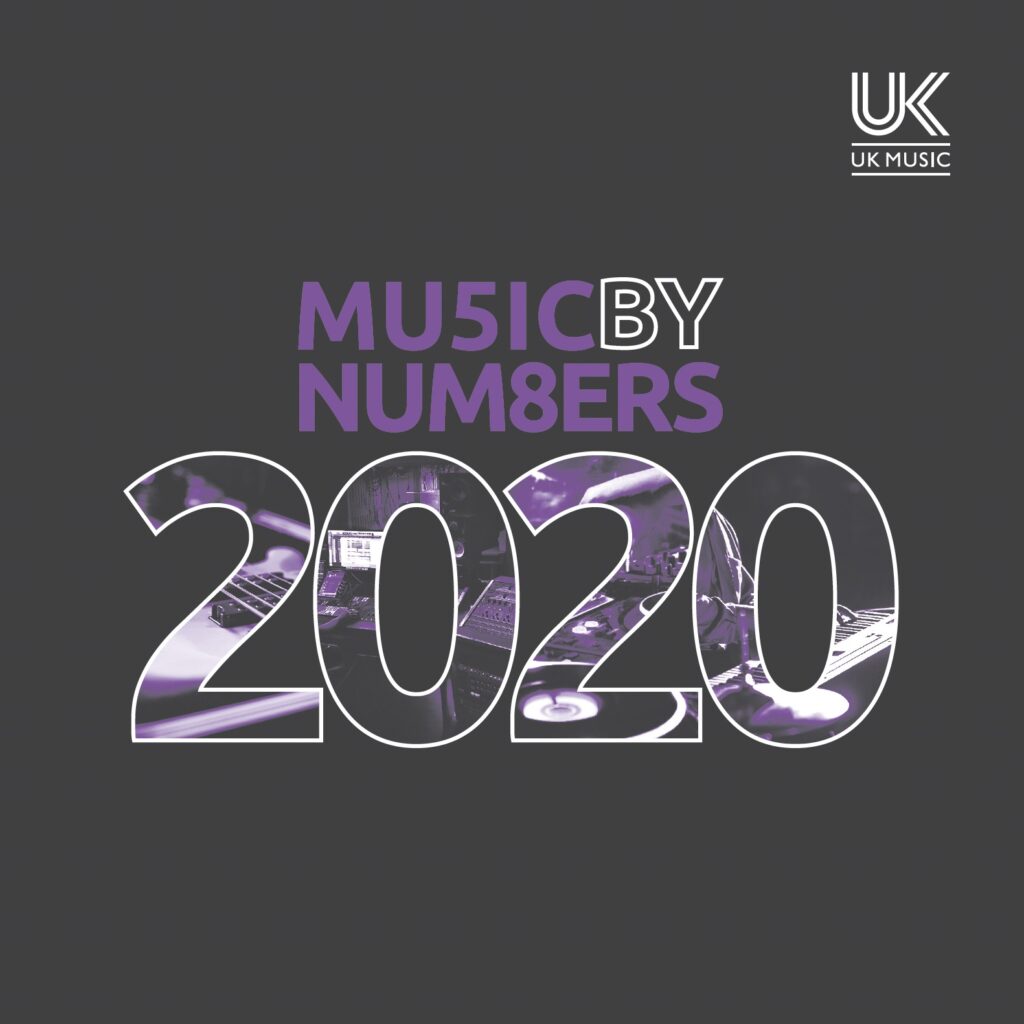Last year, the music industry finally returned to growth, recovering from the pandemic and benefitting from underlying growth in recorded music and music publishing revenues. That is not to say that challenges do not remain, and, as is often the case, smaller grassroots music creators and industry players suffer the most. Investment in the
As the world reopened in 2022, it is worth discussing exports because 2022 was the first full year after the UK left the European Union. On the face of it, music exports are strong, but music creators at all levels, and especially at grassroots level, face challenges. This Is Music takes a look at this in more depth. There is also a case study from Glass Animals, a global success story that was a decade in the making.
Investment in education and talent pipeline are also key factors to future growth. Recording studios have faced soaring costs, including business rates, and this is explored in the report. Violinist David Grubb talks us through his career as a musician and artist and how he has benefitted from a strong educational foundation. This year’s report also introduces an emerging trends section, discussing where the market is going in 2023, and lawyer Cliff Fluet discusses the potential of artificial intelligence (AI).
To the numbers: the music industry contributed £6.7 billion to the UK economy during 2022 in terms of gross value added (GVA). Exports topped £4 billion, and employment stood at 210,000.
Since UK Music published its first economic report in 2013, there have been many changes across the industry, such as the shift to streaming and the growth of festivals. Through conducting this work year after year, we have developed a much deeper understanding of the business dynamics behind the music industry and what that means in terms of economic value. Consequently, the original methodology that was devised over a decade ago needed updating.
Over the past year, UK Music has worked with our economic consultants, Oxford Economics, to undertake a comprehensive methodology review to ensure the processes behind this report reflect the evolution of the music industry, and the latest thinking and best practice.
This year’s report does not offer direct comparisons with previous years for GVA, exports and employment figures owing to the methodology review, which affects these three key metrics. However, in 2022 the UK music industry outperformed 2019 by a significant margin to produce its best year ever. We know this from assessing various contributing metrics, including revenue figures. Some revenue figures are included in this with report with year on-year comparisons as these were unaffected by our methodology review.
Live music and international touring returned during 2022, boosting GVA and exports. A combination of rescheduled shows from 2020 and 2021 and newly scheduled shows for 2022 made for a packed calendar. More live music fuelled music merchandise sales, and public performance revenues also rebounded.
Recorded and publishing-related revenues grew during the COVID-19 pandemic and continued to grow in 2022. These sectors also contributed to the GVA and exports figures for 2022.
Employment has also rebounded and now sits at 210,000. The employment number is tempered by the fact there have been consolidations and redundancies in some areas, and some music creators and self-employed workers stepped away from the music industry during the pandemic.
While the headline figures for the UK music industry are good, there are a number of serious challenges across the industry. Small venues, independent festivals, recording studios, and music creators all face financial pressures at home in the UK and from the consequences of Brexit, particularly for touring artists and musicians.
Moreover, even where the industry has shown growth, such as in live performance and recorded music, questions remain about whether this growth can be sustained, and not everyone is experiencing the same level of growth.
This report highlights these issues and how they might be addressed, while celebrating the music industry’s economic successes. Thoughtful and targeted support in areas where help is needed will ensure that music continues to be a great British success story in the years to come.
Click here to read the report.




